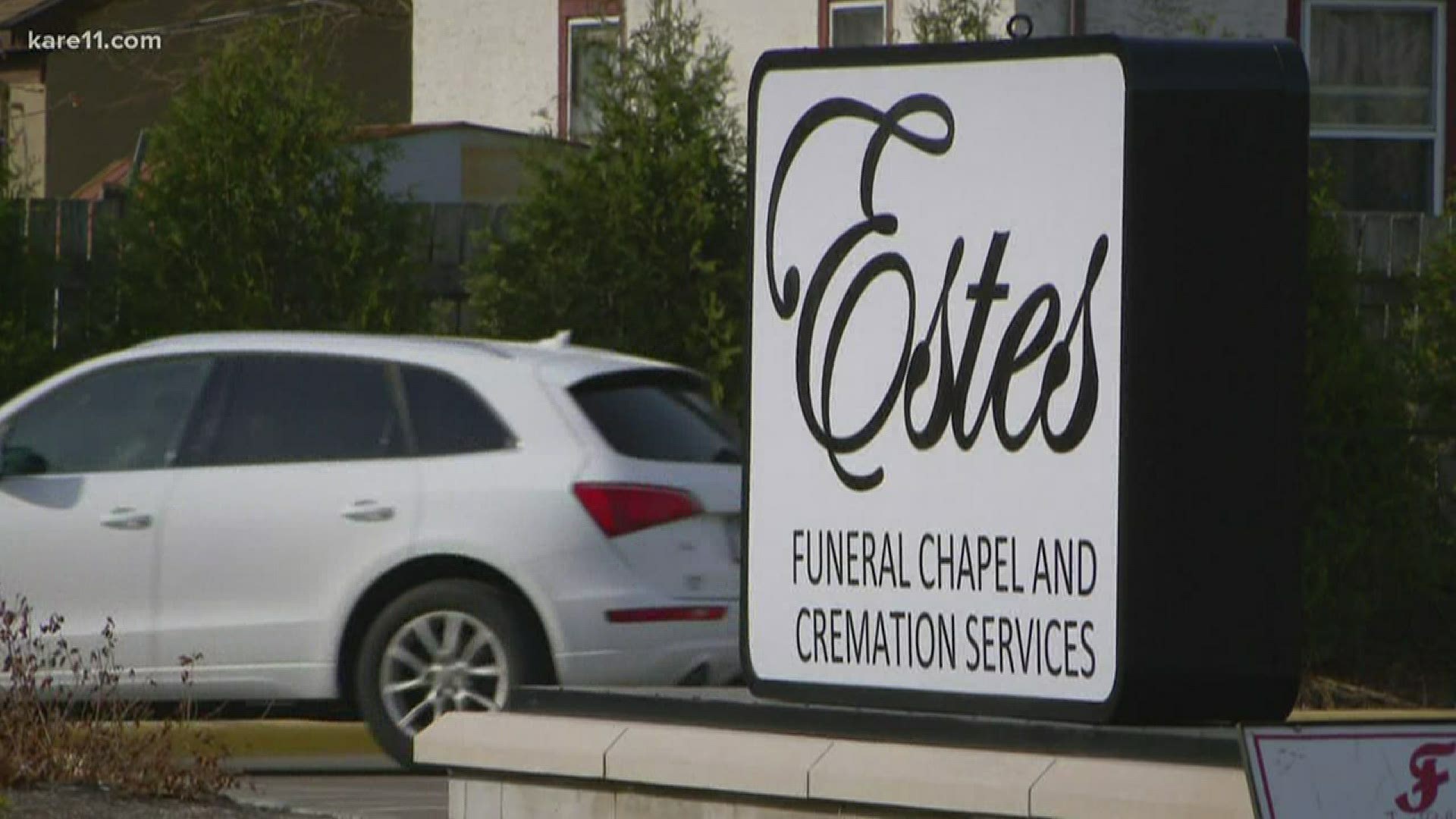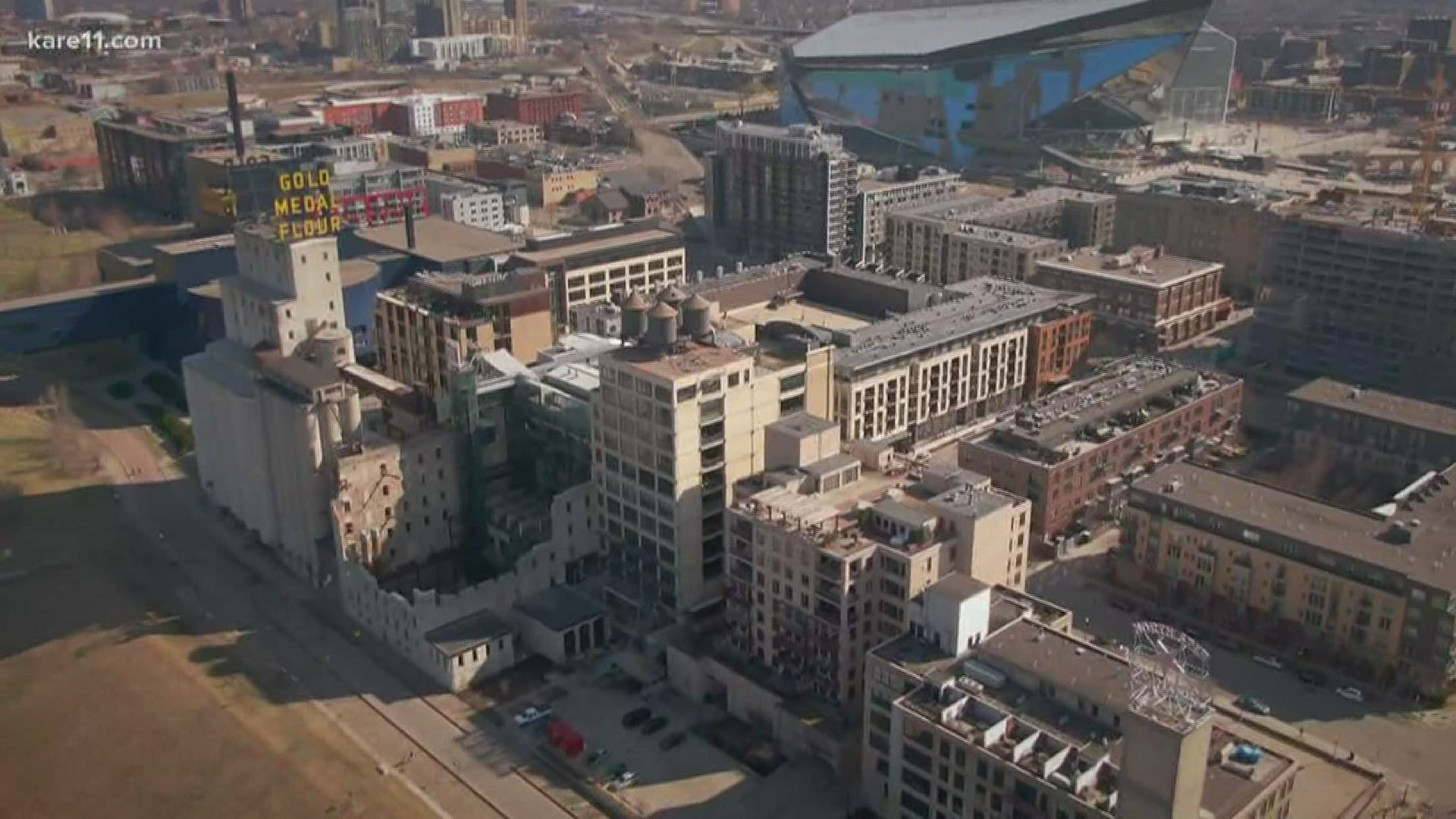COVID-19 altered our normal routines. It's also changed how we say goodbye to people we love. Tracy Wesley, funeral director at Estes Funeral Chapel, meets people on life's most difficult days. He said COVID-19 magnifies the challenge.
"Never seen anything like it," he said. "It is difficult because we have to give (families) the unfortunate news that they can't honor their loved ones in the way they would like."
Thursday marked the first funeral held at Estes Chapel since since mid-March. In Italy, traditional funeral services have been labeled illegal in an effort to stop the spread of the coronavirus. As funeral homes adjust to the changes, so are families.
Noland Mcalester and his family didn't plan to say goodbye to their loved one, Grant Roberts Jr., without a big celebration.
Roberts, a Vietnam War veteran, was 75. On Friday, the Mcalester family said goodbye during a small ceremony in Minneapolis. Roberts leaves behind 16 grandchildren and four children.
"He loved his family," Mcalester said. "All of the distancing we are used to being together. The hardest part is not being able to spread love. There is nothing like being around the table and in the house with all of your family members. Now everything is through phones and social media. "
On Friday the ten people closest to the Vietnam war veteran celebrated his life inside Estes Funeral Chapel. His casket was blanketed with an American flag, a symbol of his service.
Outside, in the parking lot, friends and relatives streamed the service live on their cellphones, a feature the funeral home offers. Connecting virtually is part of ensuring safety.
"If people cannot physically come, at least they can still view the services of family and friends to offer them some sort of comfort," Wesley said.
Comfort found in moments of amplified grief.
Because of stay-at-home orders, people grieving feel extreme loneliness. They may already be mourning job loss and uncertainty. Hugs and visits to show support is limited. Funeral ceremonies are critical for healing. But mental health therapist, Aja Burks, says there are two things you can do immediately to deal with grief during a pandemic. She owns Transformative Mind Counseling.
"Check in on yourself and on your family as well. Even though we are not physically able to be connected with our family it is important to still reach out. Call, FaceTime or schedule a Zoom call," She said. "Also, try to do something that brings you joy."
And in death, the Mcalester family received a similar call to action from the father they loved.
"As he told me in his final stages, 'Help somebody. Help,'" he said. "Try to look out for somebody else and make a difference in the world."


